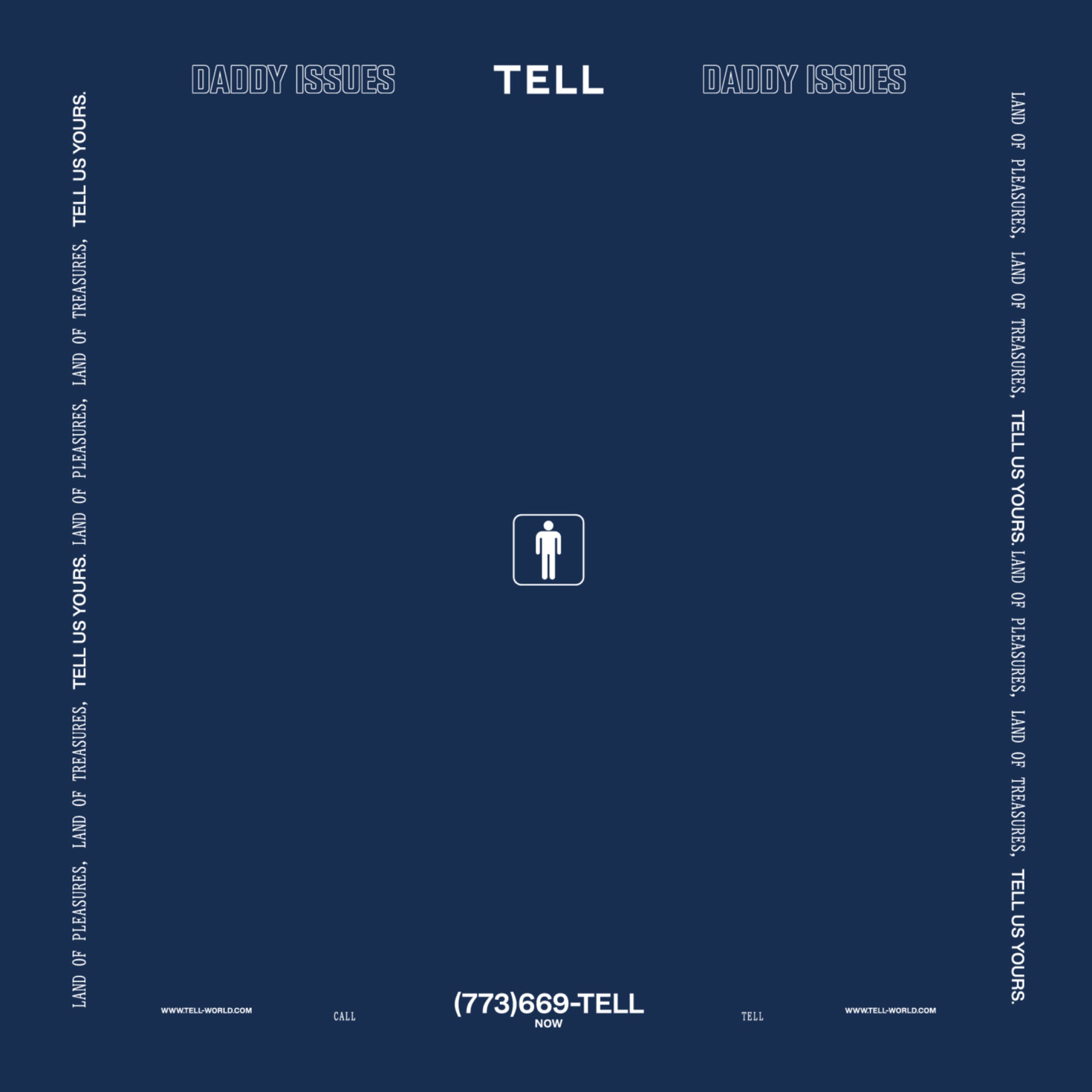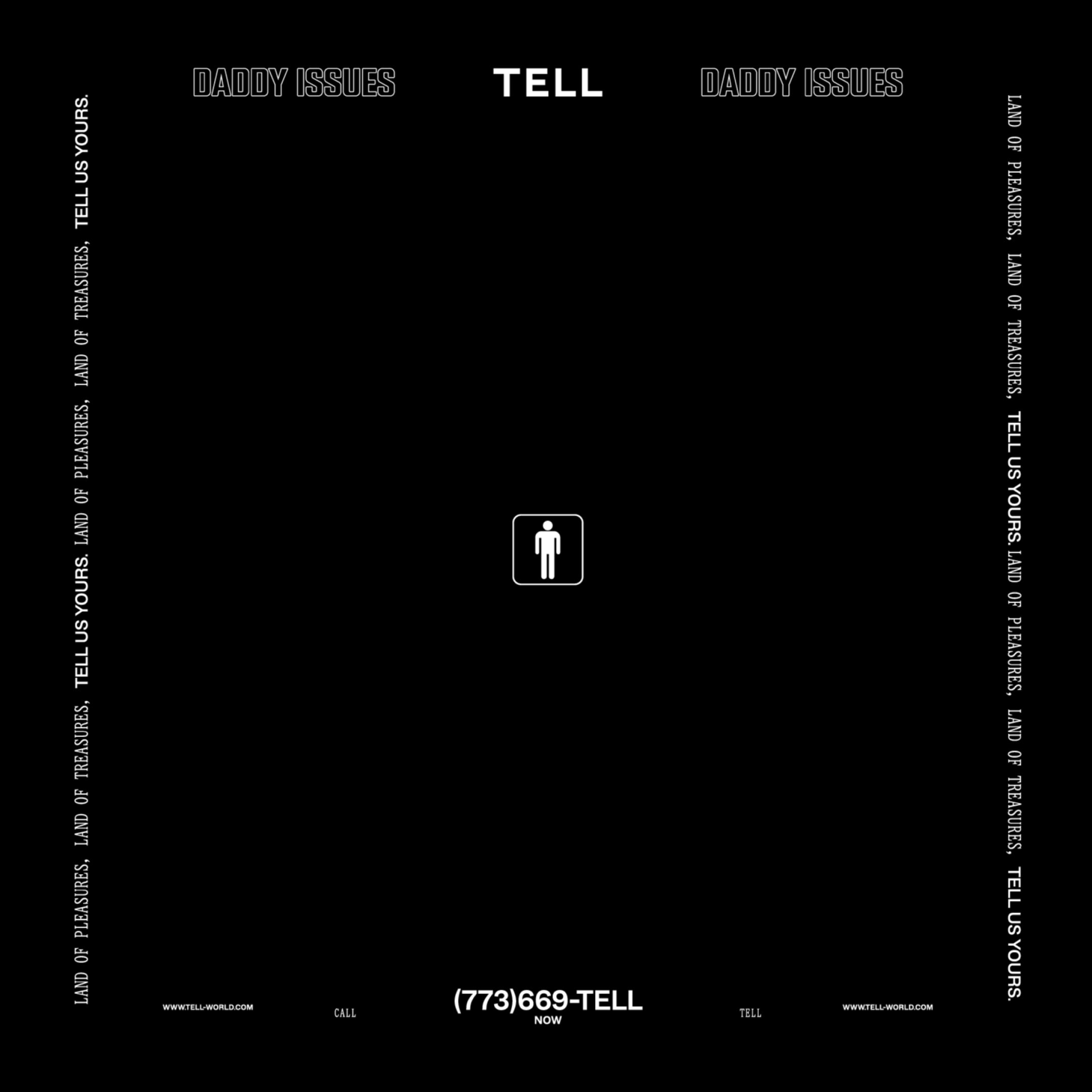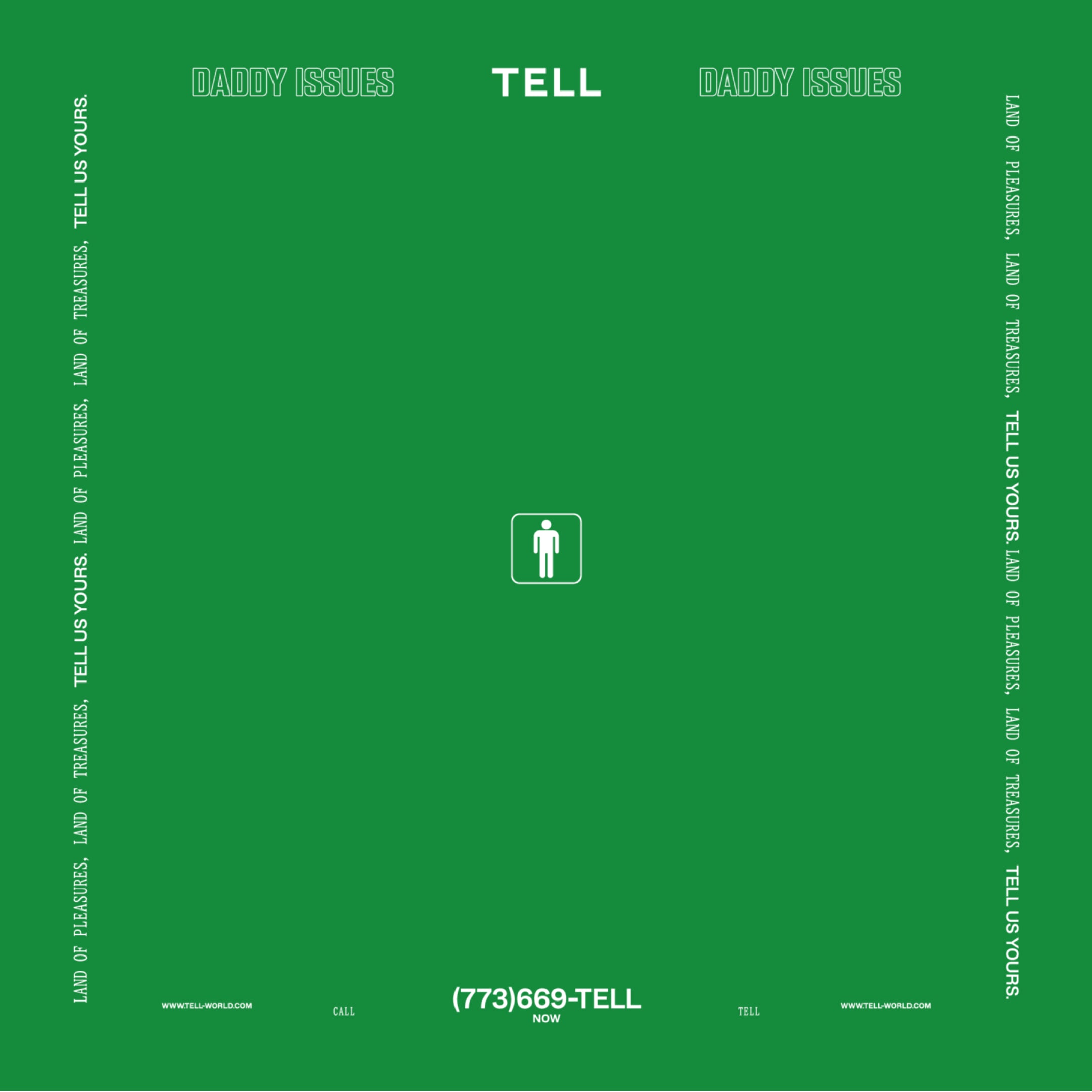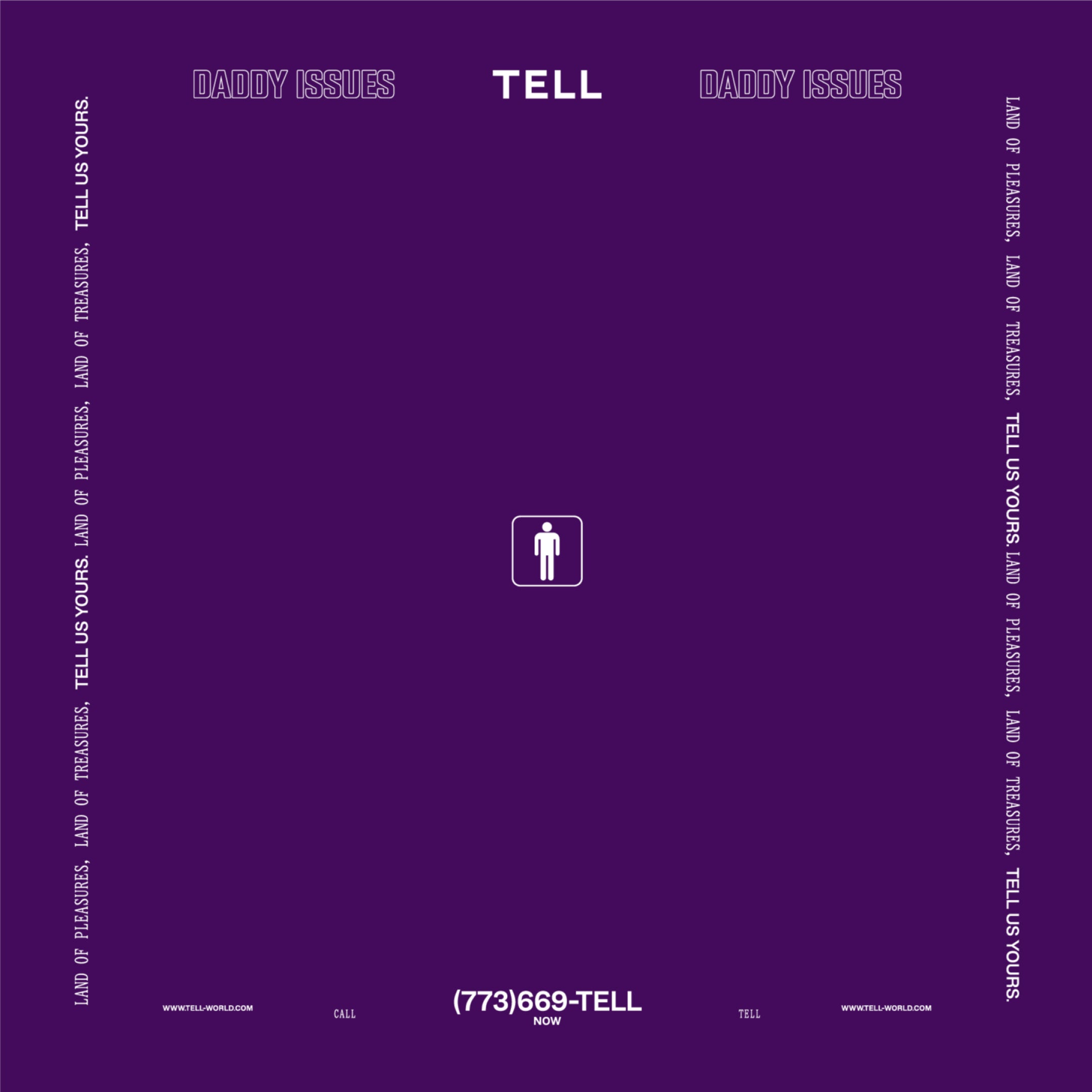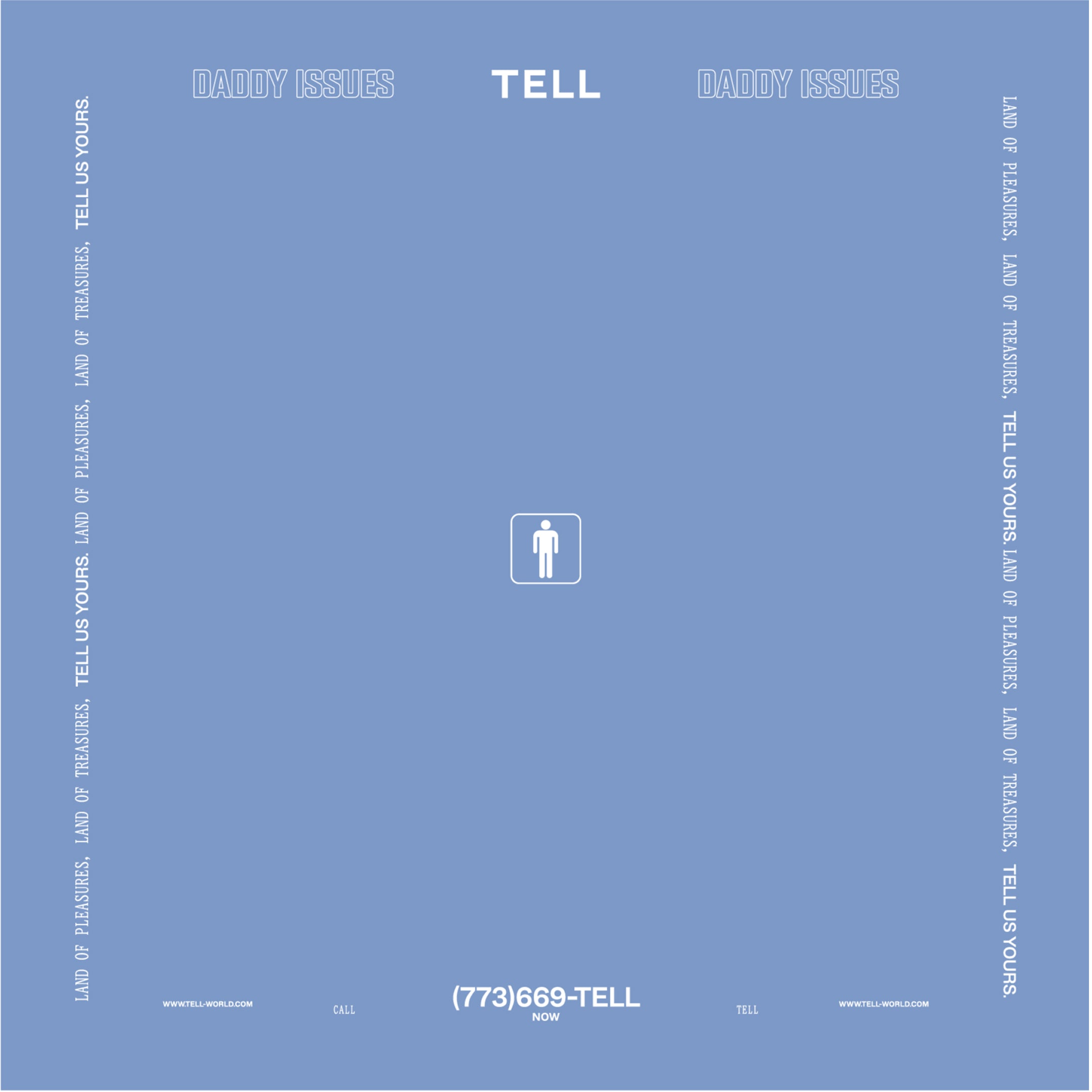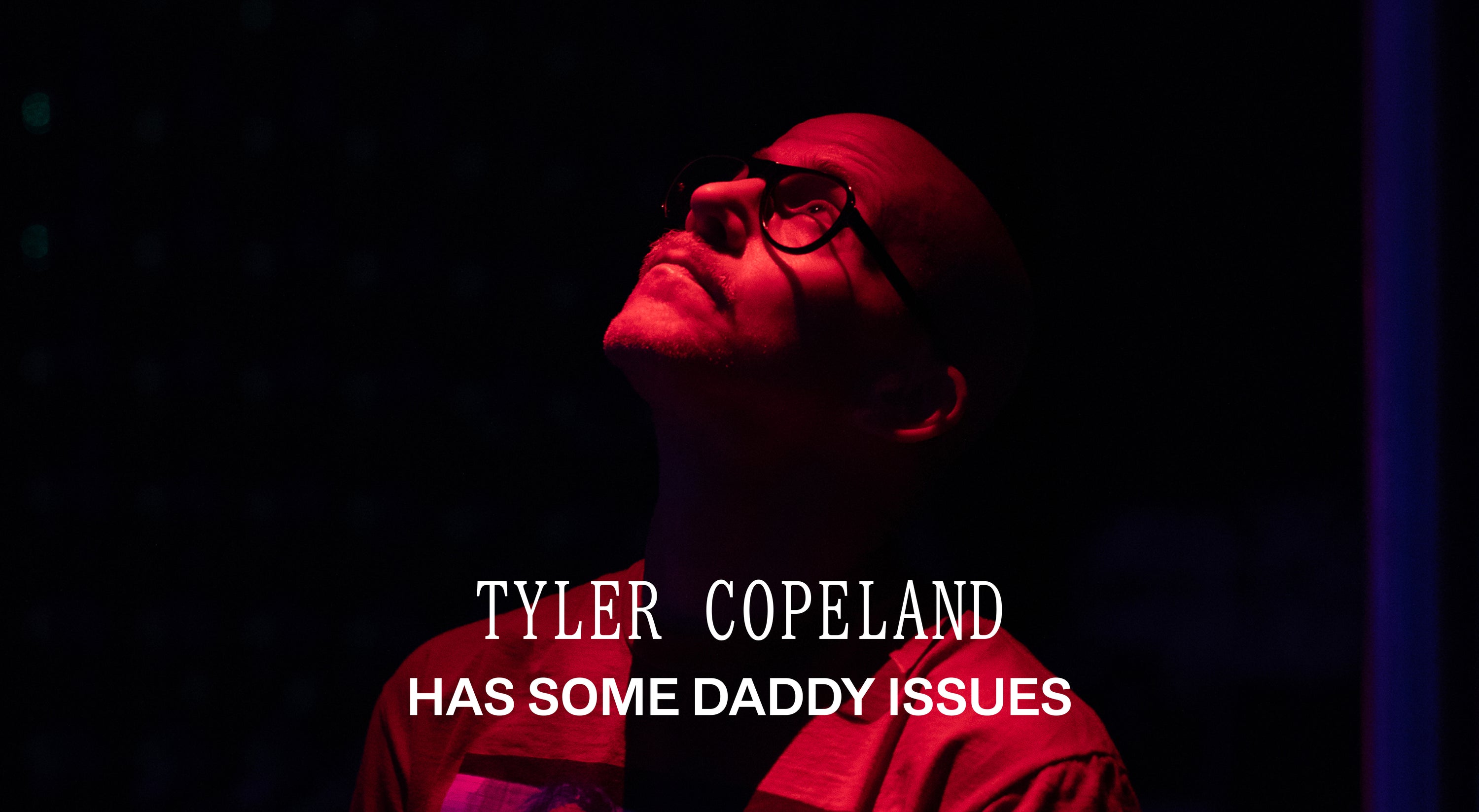
Words:Mathew W. Swenson
Imagery:Elena Stanton + Joe Horton
THE CO-FOUNDER OF DADDY ISSUES TELLS US ALL ABOUT SECRET ROOFTOPS, 90S-INSPIRED DEBAUCHERY, AND THE RE-INTRODUCTION OF THE HANKY CODE IN THE MINNEAPOLIS’ QUEER NIGHTCLUB SCENE.
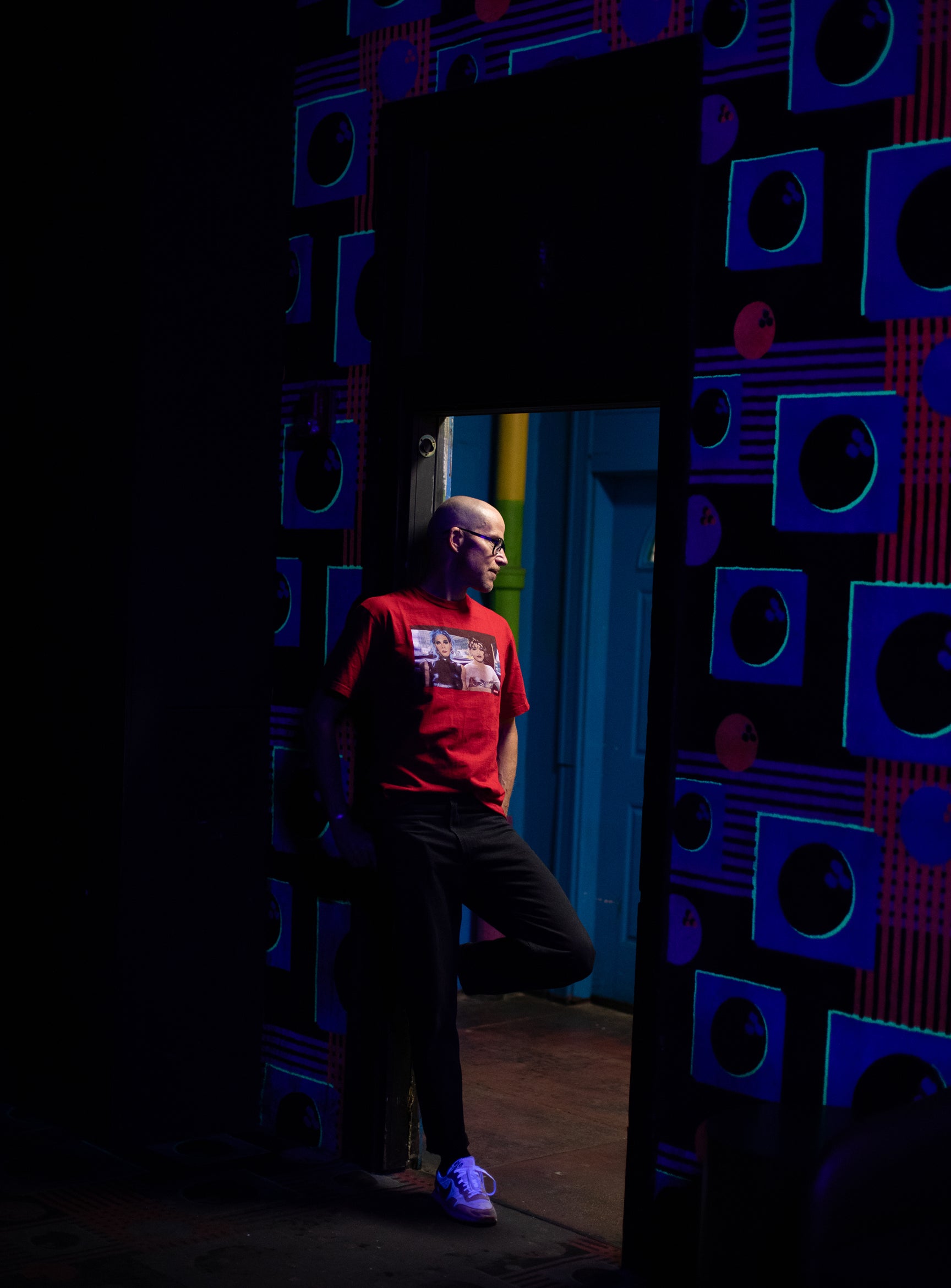
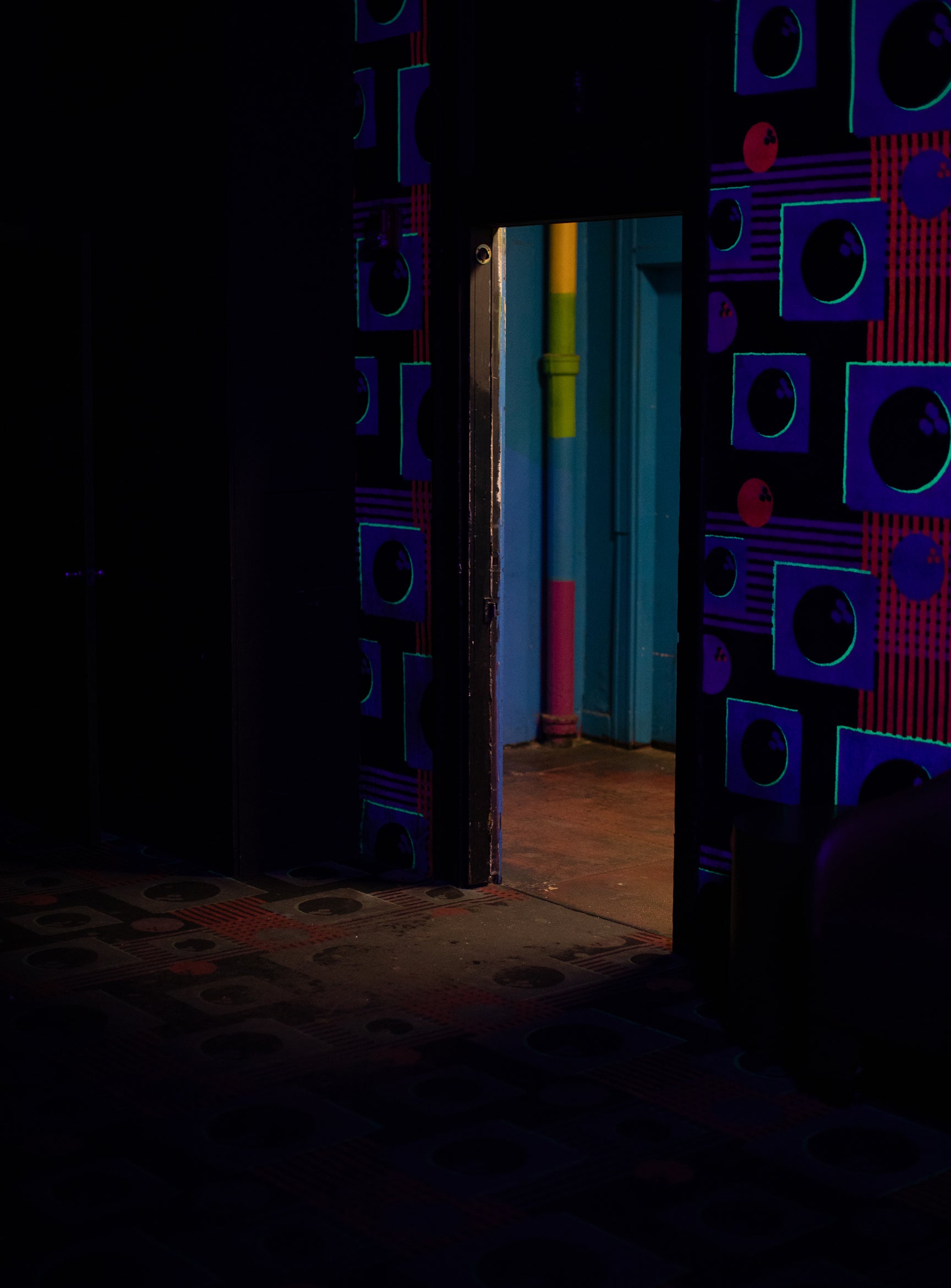

"I worked with Stephen Klein, then at Visionaire, and eventually became executive producer for David LaChapelle. Living there was intense—constantly on call, always building something new. I remember David saying, “I want an elephant here in two hours,” and suddenly, we had an elephant in the studio. It was chaotic but magical."
Mathew Swenson: Tyler, let’s start at the beginning. You grew up here in the Twin Cities, but you’ve had a career that spans New York, Paris, and the international art scene. How did those early Minneapolis years shape you?
Tyler Copeland: Growing up here, I always felt like an outcast. I didn’t quite fit in with my suburban surroundings, and I think a lot of that feeling shaped my creative sensibilities. My mom took me to New York when I was thirteen, and that trip was transformative. We went to museums, galleries, and shows, and I got my first glimpse of what a life in the arts could look like. That vision gave me hope—it was like a roadmap out of my little suburb and the feeling like I didn’t belong.
Even in the suburbs, I found my escape in fashion. My parents had an account at the local drugstore, and I would spend hours after school flipping through magazines; Vogue, Bazaar, W. That obsession with imagery, style, and storytelling stuck with me and carried me through art school at MCAD, where I focused on media and photography. It was all very 90s, grunge meets high concept, very Cindy Sherman-influenced.
Mathew Swenson: So when you eventually moved to New York, how did those early influences carry over?
Tyler Copeland: Immensely. I landed in New York right after graduation, and it was a kind of ultimate graduate school in itself. I worked with Stephen Klein, then at Visionaire, and eventually became executive producer for David LaChapelle. Living there was intense—constantly on call, always building something new. I remember David saying, “I want an elephant here in two hours,” and suddenly, we had an elephant in the studio. It was chaotic but magical.
At the same time, the nightlife there was a classroom of its own. Clubs like Sound Factory, Tunnel, and the Limelight were as much cultural hubs as they were places to party. You absorbed everything: the music, the fashion, the energy. I was obsessed with the DJs. I watched them closely, learned their mixes, and studied how their energy moved through the crowd. Those nights ended up shaping everything that would later become Daddy Issues.
Mathew Swenson: So, Daddy Issues obviously was an extension of all of that (music, fashion, queer culture) but also something uniquely tied to Minneapolis. How did the concept come about?
Tyler Copeland: It started with a friend, Peter, who shared my love for music and the queer nightlife. We noticed there wasn’t a space here for the kind of Sunday tea dance we wanted... house music, disco, people just dancing, expressing themselves. So we said, “Let’s just do it.” That first rooftop party in 2002 was self-funded. We went to Costco, bought all the booze ourselves, and somehow 300 people showed up. It was chaos, but in the best way. Word of mouth did the rest.
What made it different from other parties is that we never wanted predictability. We’re pop-up, site-specific, never the same twice. One event might be on a rooftop, the next in a basement. That unpredictability creates excitement and keeps people curious and engaged. It also keeps me creatively sharp; I get bored if it’s the same thing every time.
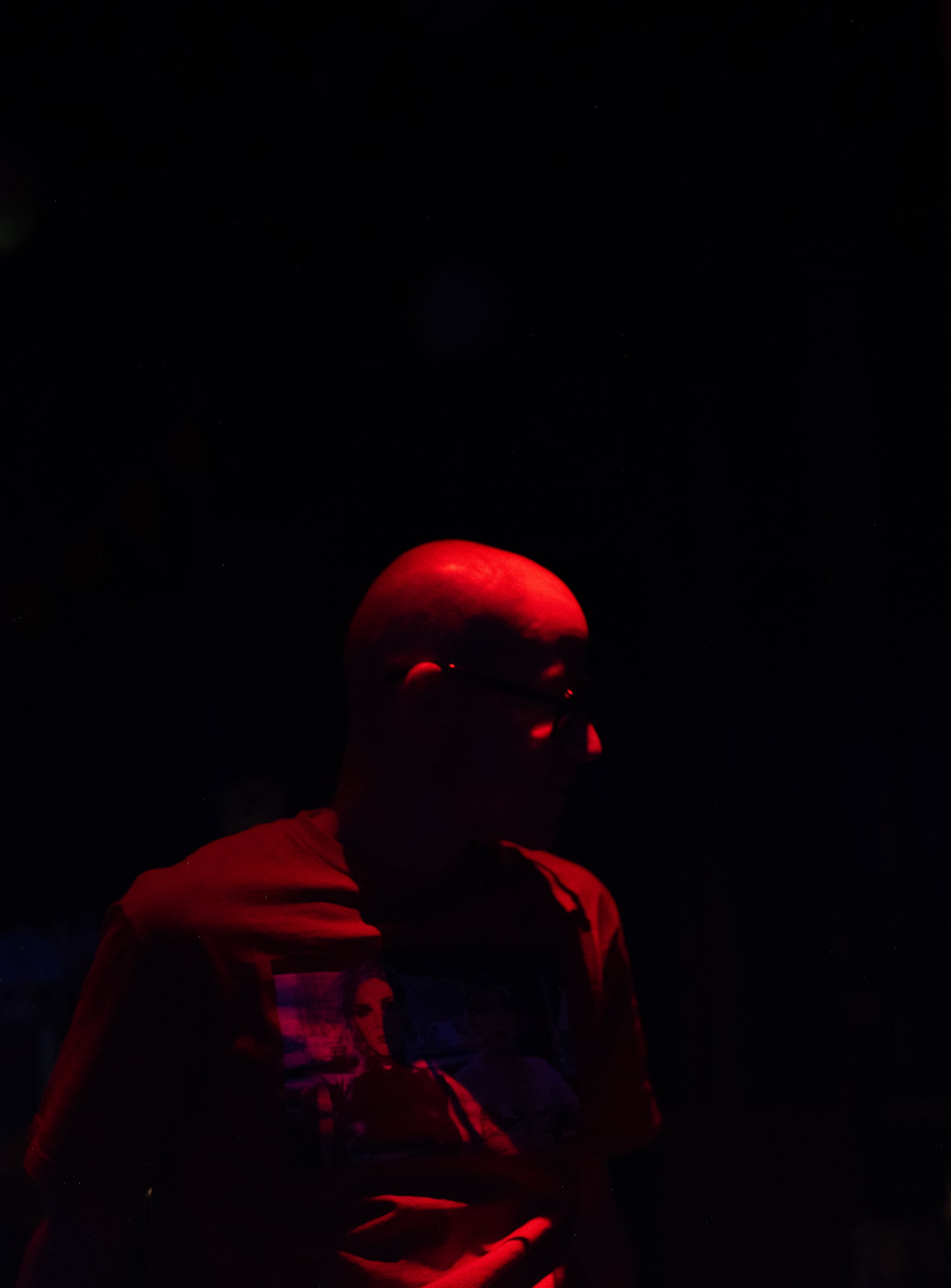
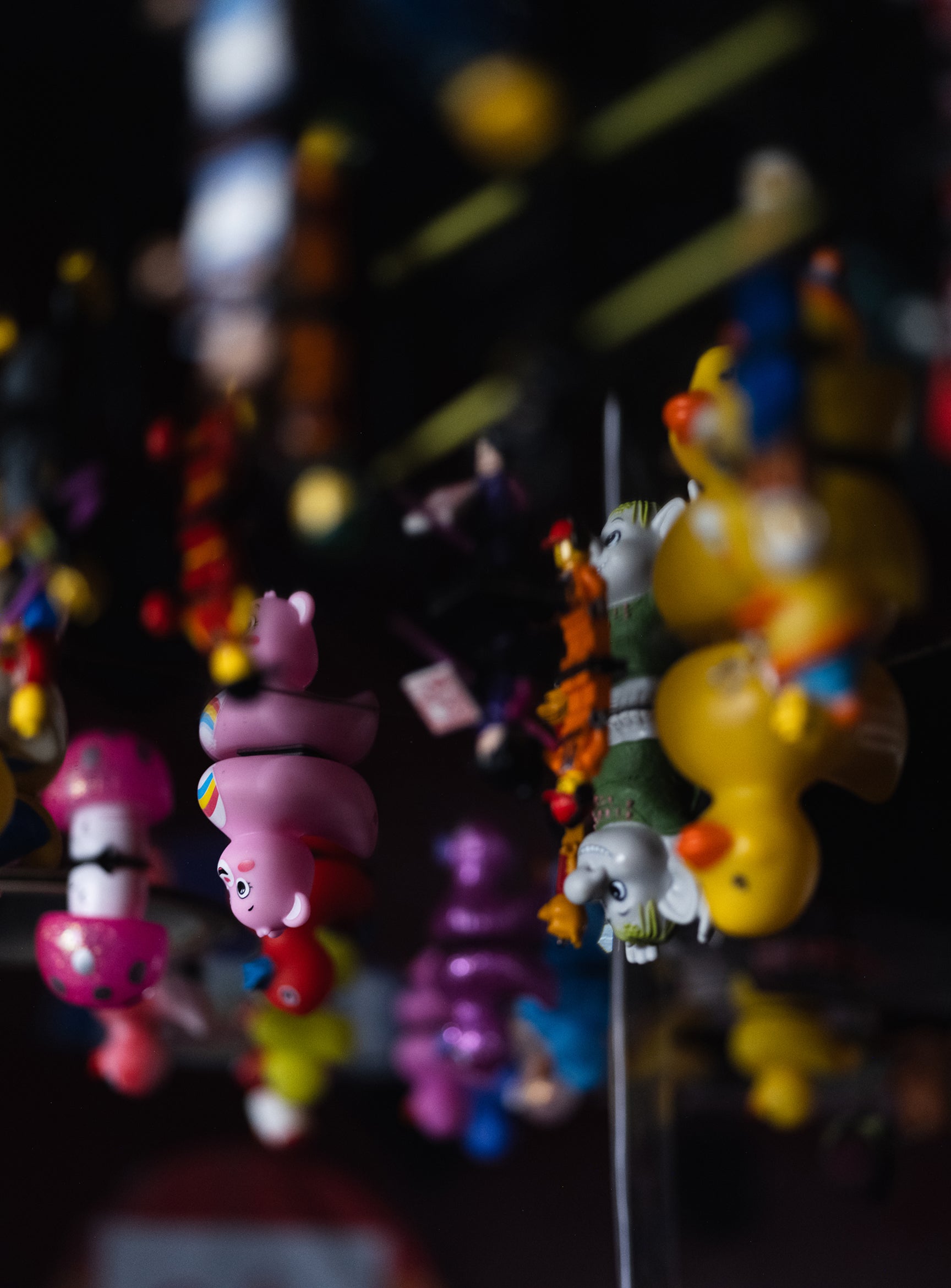

Mathew Swenson: That unpredictability seems like a huge part of the experience, but it also sounds challenging. How do you balance the chaos with creating a safe, inclusive space?
Tyler Copeland: It’s a balance between structure and freedom. DIY doesn’t mean sloppy—it means I have full creative control. We take equipment from our basements, set up lighting and sound ourselves, curate the playlists, and make sure the environment feels special. At the same time, it has to be safe. This is a queer space, so people need to feel free to express themselves. Staff and rules exist, but lightly. The goal is for the environment to feel liberating, not restrictive.
And the crowd is essential to that magic. One DM from someone saying, “I had the most amazing time,” fuels me more than anything else. The crowd is part of the story. Their energy shapes the night as much as the music does.
Mathew Swenson: Speaking of music, you’ve built a reputation around niche house, disco, techno, and acid sets. How do you decide what music makes it to the floor?
Tyler Copeland: I’m obsessive about it. I only listen to DJ mixes. No radio hits, no pop charts. It’s about creating a continuous, immersive soundscape. Sometimes we bring in a guest DJ from outside, like Shaun J. Wright from Chicago for our anniversary. It’s about artistry, not familiarity. I want people to discover something, to hear music they’ve never heard before, and connect with it. The music guides the fantasy.
Mathew Swenson: You’ve mentioned fantasy before. How much of Daddy Issues is about creating a narrative or aesthetic beyond the music?
Tyler Copeland: It’s everything combined together; the music, the visuals, the energy, even the social media. Each event has a theme or a sensibility, though it might not always fully materialize. I’m obsessed with vintage erotica, Mapplethorpe, New York in the 70s, 80s, 90s. The era of back rooms and rendezvous. There’s camp, naughtiness, glamour, and chaos, all intertwined. Sometimes people pick up on it and dress according to the theme, they embody the vibe. Other times, it’s subtle, but it’s always there. It’s a layered experience, not just a dance floor.
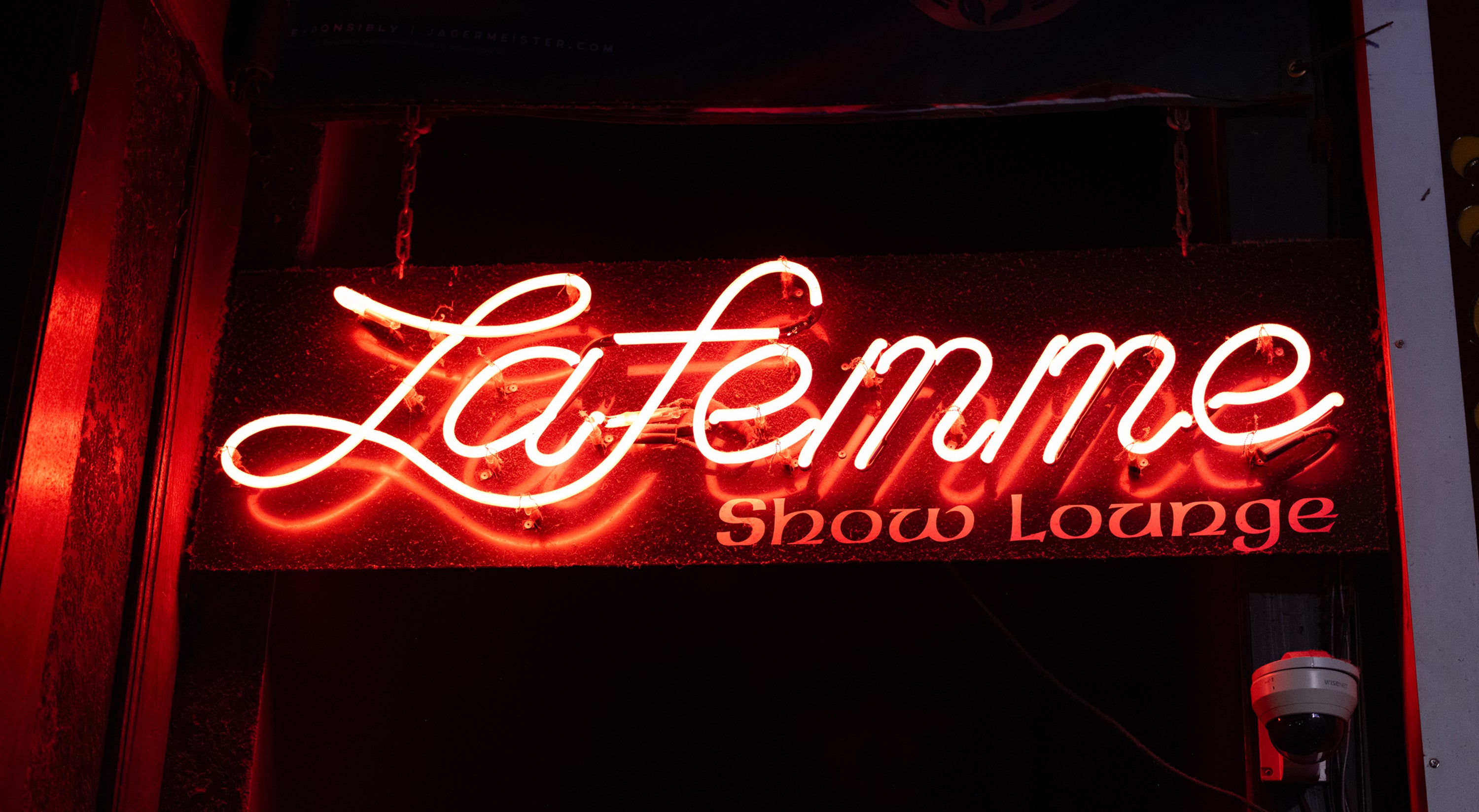

"People may not expect this level of curatorial thought from a Midwestern city, but that’s the point... it surprises them. And that surprise creates a global appeal. We’re doing things here that resonate far beyond our zip code." - Tyler Copeland
Mathew Swenson: Minneapolis has a reputation for being understated in terms of global attention. How does Daddy Issues project a local phenomenon with worldwide appeal?
Tyler Copeland: Minneapolis has always had this underground cultural energy; Prince, The Replacements, Hüsker Dü, glam, punk, electronic. Daddy Issues taps into that secret sauce. It’s niche but sophisticated. People may not expect this level of curatorial thought from a Midwestern city, but that’s the point... it surprises them. And that surprise creates a global appeal. We’re doing things here that resonate far beyond our zip code.
Mathew Swenson: As Daddy Issues grows, sponsors and commercial opportunities must come a knockin'. How do you maintain purity while navigating external interest?
Tyler Copeland: We’re very clear—we don’t compromise. If a brand expects us to tone things down, we walk away. Daddy Issues is about independence. When a space hires us to DJ, we’re responding to them, but when we throw a party, we’re in charge. That’s non-negotiable. It’s about creating something true, uncensored, and self-directed.
Mathew Swenson: What advice would you give to creatives or entrepreneurs returning to region, especially after experiences in bigger landscapes ?
Tyler Copeland: Start where you are. Pay attention to what’s missing in the community and create it. Minneapolis has energy, opportunity, and affordability that allow experimentation. Don’t wait for permission or the perfect moment. Build something authentic, and people will connect with it. Be willing to fail. Some of the best ideas come from messy beginnings.
Mathew Swenson: Finally, looking forward, where do you see Daddy Issues in the next five years?
Tyler Copeland: Staying true to the roots. We might explore other cities or collaborations, but the core ethos is DIY, unpredictable, immersive, inclusive, isn’t going anywhere. The goal is to keep creating spaces where people can lose themselves, connect, and feel alive. That’s the essence of Daddy Issues, and that’s what will always drive it.
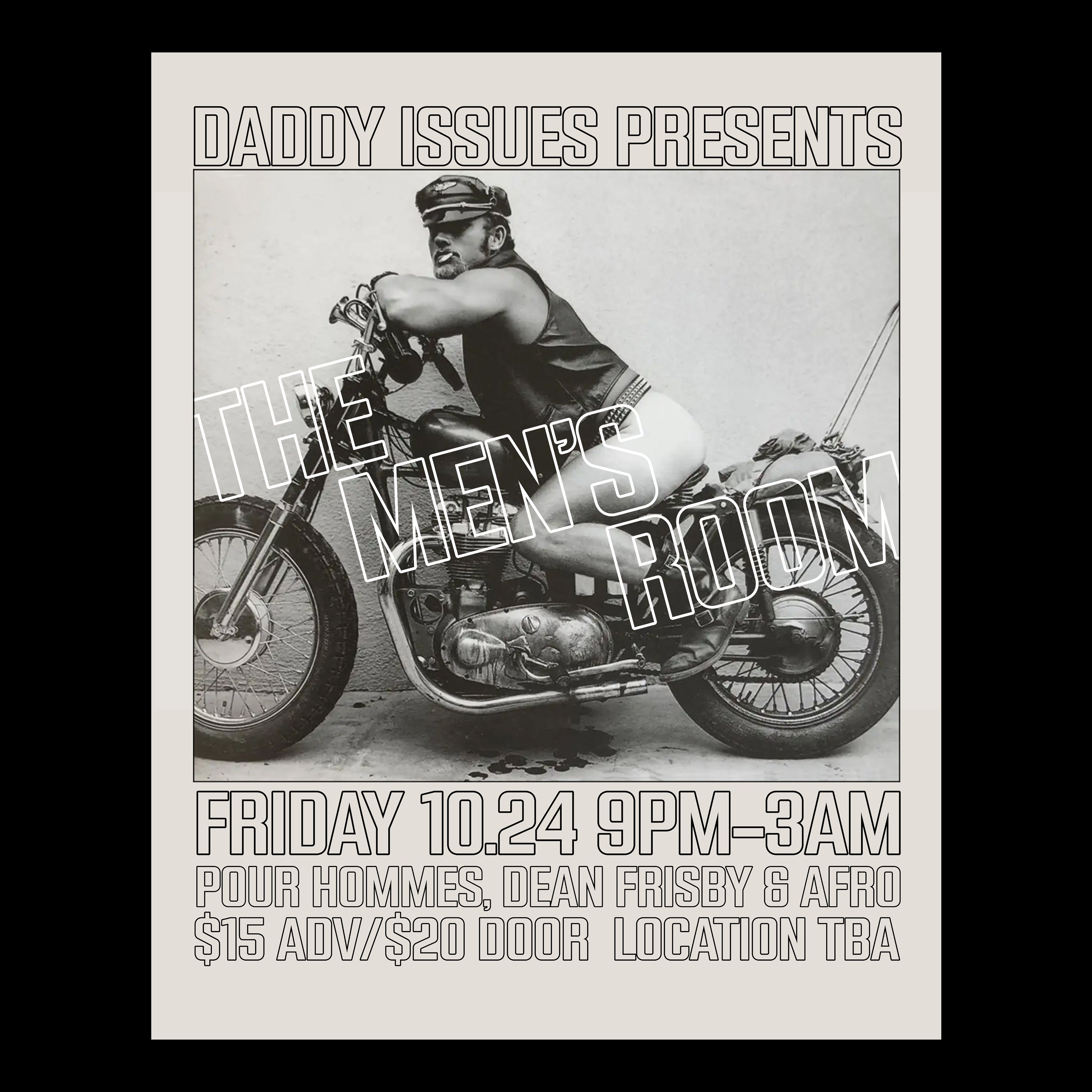
DADDY ISSUES PRESENTS:
THE MENSROOM XXX
Date & Time: Friday, October 24th, from 9 PM to 3 AM
Resident Disc Jockeys: Pour Hommes, Dean Frisby, and Afro
Location info drops on the day of, so be sure to sign up for our mailing list
This event is 21 +
Get Tickets
Everything I always do is motivated by trying to fill the void. It’s trying to provide something that isn’t here. It’s a million different things, but it’s a layered approach of a return to in-person cruising in response to the digital world and apps. A response to the synergy of amazing music, in-person connection, dancing, and feeling sexy and flirting.
DADDY ISSUES X TELL: HANKY CODE HANKIES
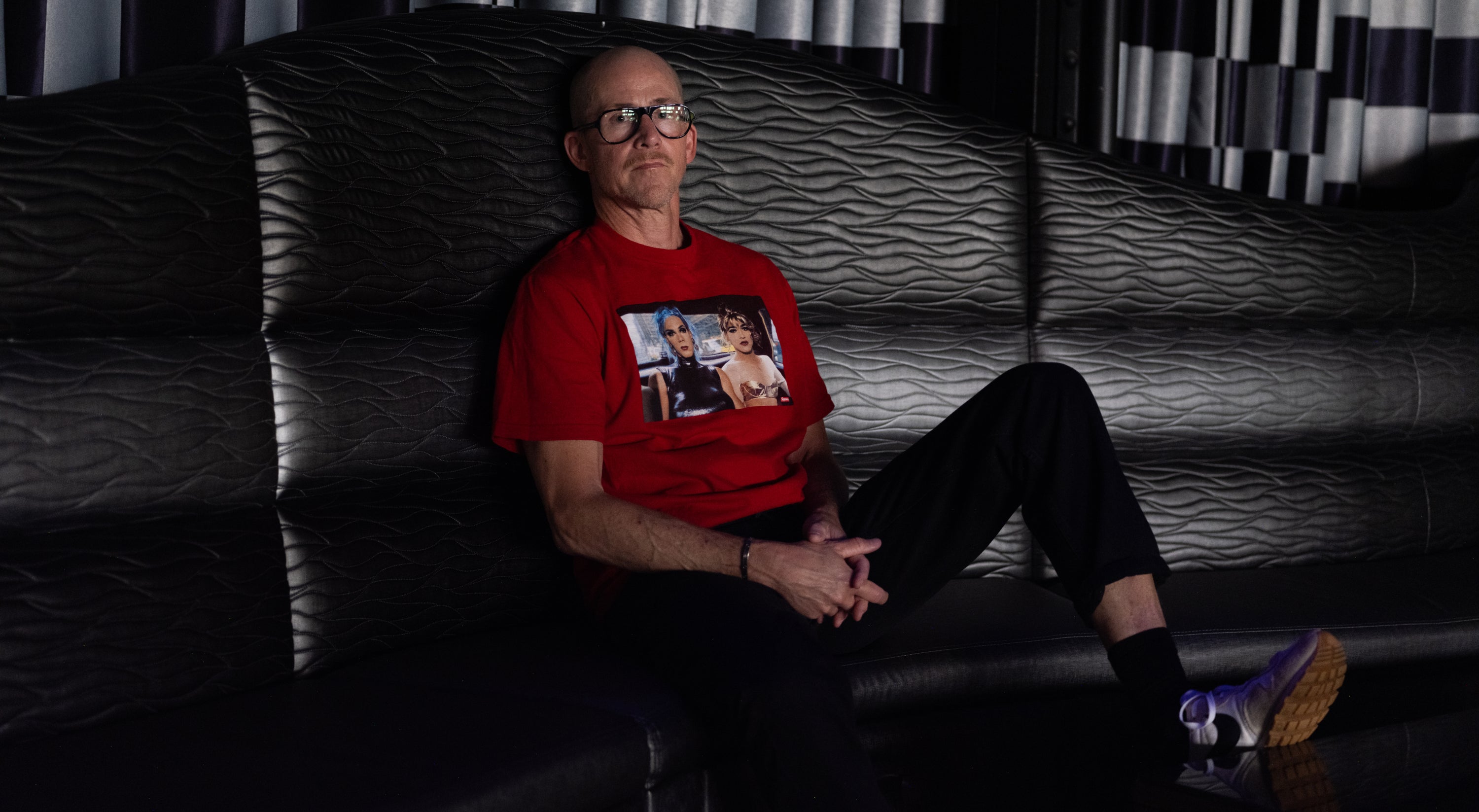

Mathew Swenson: So, now you are about to embark on a new variation on the francise...THE MENS ROOM. Tell us about this?
Tyler Copeland: Everything I always do is motivated by trying to fill the void. It’s trying to provide something that isn’t here. It’s a million different things, but it’s a layered approach of a return to in-person cruising in response to the digital world and apps. A response to the synergy of amazing music, in-person connection, dancing, and feeling sexy and flirting.
Mathew Swenson: Tell me more?
Tyler Copeland: I feel like there’s a need to foster a space where in-person flirting, great music, dancing, and feeling sexual, no matter who you are, cannot be replicated in ones and zeros. I don’t know if I’m successful in anything I do, but I’m always trying to put together a formula, trial and error, taking what I’ve learned and rebuilding spaces where people can feel sexy and perhaps naughty, if you will, with really great loud music.
Mathew Swenson: Ummmmmm hummmmm.
Tyler Copeland: Catering to this sort of crowd is hard to come by. These efforts are layered with constant trying to find spaces and people who will enable me and trust me. I don’t really go to places and throw parties with all sorts of restrictions. We’re in Minneapolis, so it’s a challenge. But the MENS ROOM is a space where they have enabled trust. It goes late, till 3 a.m., and I want a little debauchery. I want it to feel like the 90s all over again. The location is announced the day of, adding a little mystery—where am I going, where is this pin dropping me? It’s definitely trying to reinvent some of the experiences I had in my early 20s in the 90s and that magic.
Mathew Swenson: I’m kind of curious about the context of past and future. We’ve gained more rights, but do you think the idea of having "safe spaces" has changed?
Tyler Copeland: The things you’re bringing up are top of mind. I’m in utter awe of the people who have claimed the 19 and taken up the space, it’s marvelous. I’m enamored by the audience and patrons there. It’s more important than ever to create these spaces. Minneapolis is very liberal, but drive five minutes outside the city and you see signs that don’t welcome you. Every day, something else is being taken away. It’s more important than ever to have spaces, connection, and places to show your freakier side—the side you don’t present walking down the street. For Daddy Issues, it’s always about the music. I feel a special calling to share my passions with my team and crew, sonically, and add other pizzazz to showcase that.
Mathew Swenson: How do you bring the past, the 90s energy you remember, to a generation growing up on phones?
Tyler Copeland: Sonically, visually, and atmospherically, through lighting design... or a lack of it. It’s a return to basics, not overthought, raw.
Yeah. Our minds are filled with fake dopamine. We want the real stuff...the tingles on your arm, your hair raising when you hear a track you haven’t heard, a double take when someone catches your eye, or a jaw-dropping look. That’s the dopamine I want to provide, the butterflies I had as a young queer person—the “oh my god, where am I going? What am I going to see?” moment. - Tyler Copeland
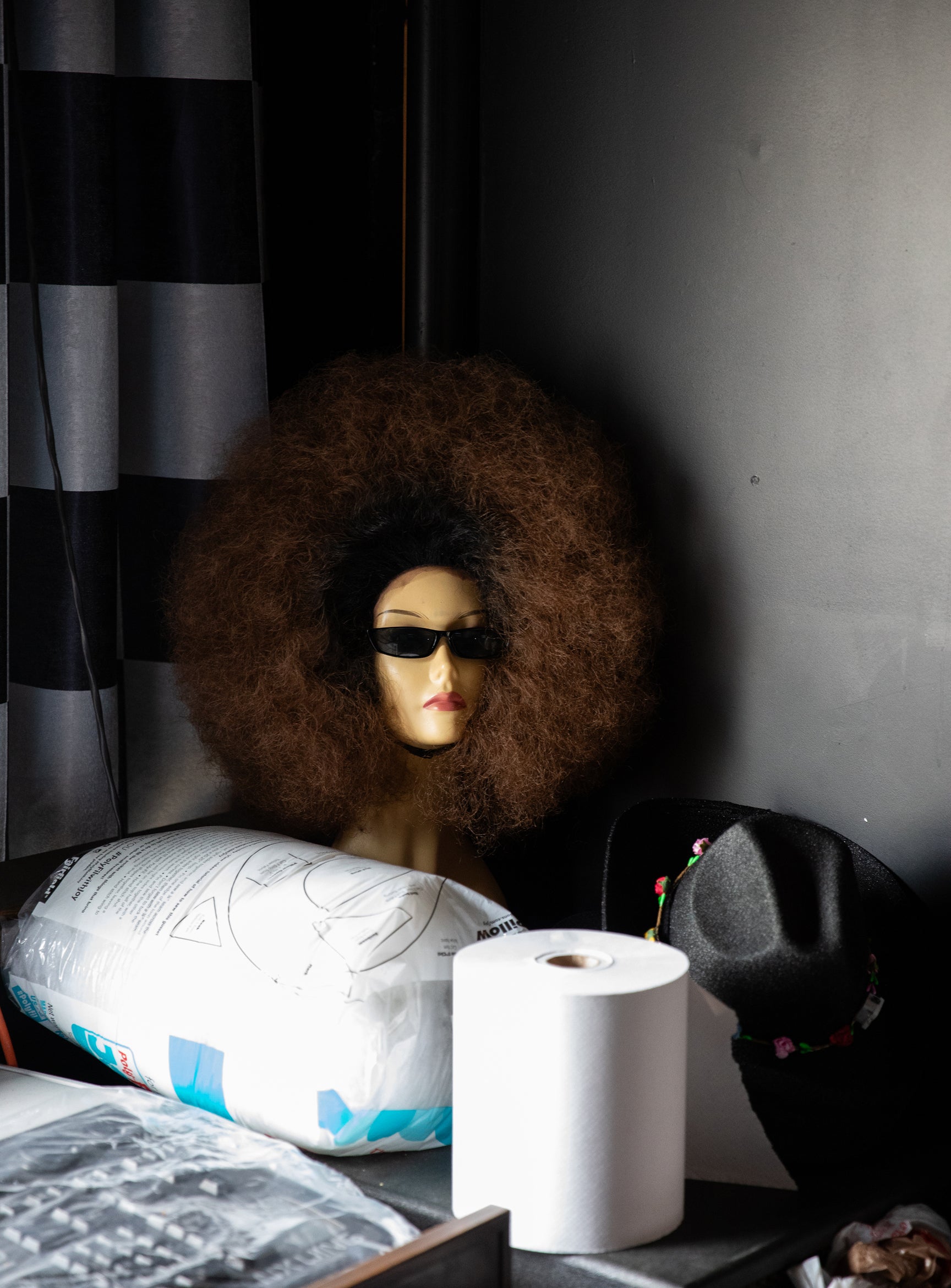
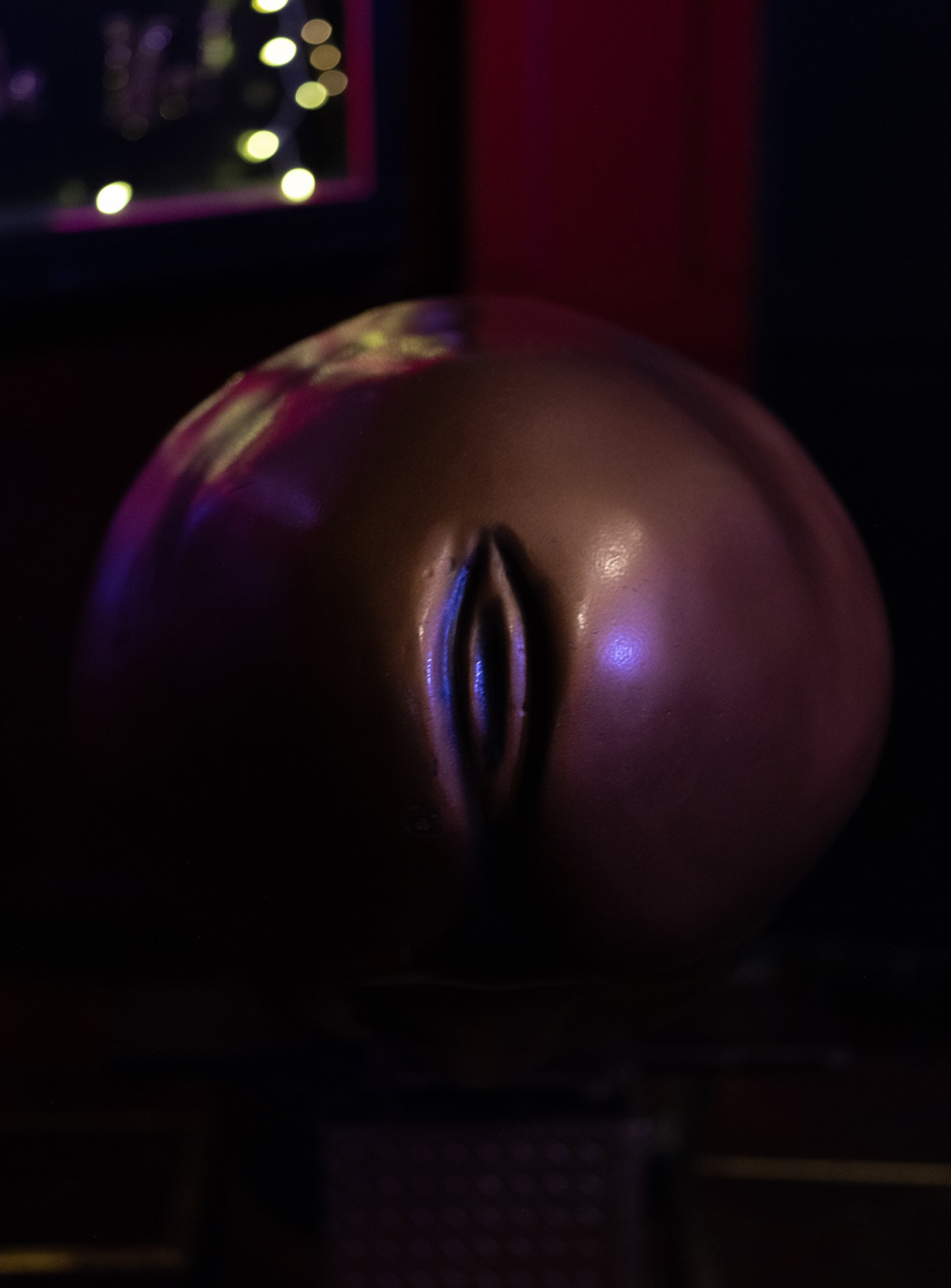

Mathew Swenson: Since we’re not revealing the actual space yet, can you talk about the idea of reclaiming a space that’s been taken over by another group, and the mystery of announcing it last minute?
Tyler Copeland: Yeah. I think when I say this, it’s not about slamming Minneapolis, but when I go to New York, LA, or San Francisco, you get an address, maybe dim lighting, see some people lingering, feel the energy, and then you open a door—you’re surrounded with music, smoke coming through. That’s what I want. Social media or other things can’t replicate that. There’s a warehouse scene here too, dropping addresses, underground stuff (it’s alive and thriving) but it’s about the real-time sensory experience.
Mathew Swenson: Why do you think people are drawn to that underground vibe? Is it a subconscious desire for "real"?
Tyler Copeland: Yeah. Our minds are filled with fake dopamine. We want the real stuff. The tingles on your arm, your hair raising when you hear a track you haven’t heard, a double take when someone catches your eye, or a jaw-dropping look. That’s the dopamine I want to provide, the butterflies I had as a young queer person. The “oh my god, where am I going? What am I going to see?” moment.
Mathew Swenson: On that note, let’s talk about the hanky code, which is very historical. Many young people might not know, but it was a way to communicate in secretive ways in safe spaces. How do you see this experiment working in a modern context?
Tyler Copeland: I often do things without knowing exactly how they’ll play out. I’m a planner, but there are things I literally don’t want to know how they’ll work out... that’s the magic. I don’t consider myself a 70s/80s cruising expert, or a leather/S&M subculture expert, but Daddy Issues always ladders back to in-person connection.
Everything Daddy Issues does, is about providing awareness. The hanky code is experimentation for a younger generation that didn’t live through the original context. Apps now let you instantly see what someone wants to do, but the hanky code reintroduces subtlety, mystery, and play. Some will understand it immediately; others won’t, and that’s fine.
Mathew Swenson: And there’s a clear style element too, right?
Tyler Copeland: Absolutely. It’s about presentation—the clones of the 70s, the style, the keepsake. Even if you don’t get it, it’s a hot little piece, a little coveted item. I love seeing people wearing it later, taking selfies, expressing themselves. It’s both recreation and something new.
Mathew Swenson: Will you provide instructions or notes on the hankies?
Tyler Copeland: I’ll do a teaser post, maybe a carousel. Not beating people over the head with instructions. Just a dribble. We’re only printing 50, so it’s limited. People can interpret it how they want; tie dye it, take it home, whatever. It’s open-ended.
Mathew Swenson: It’s interesting thinking about generational differences too. Younger people grew up fully on dating apps where they can instantly see someones preferences. The hanky code introduces a different type of anticipation and play.
Tyler Copeland: There will be people who know, and people who won’t. Back then, it might have been left pocket versus right, or wrist, or around the neck. The signals that were subtle but meaningful. It’s about the style element and the playfulness of showing what you want in a way that feels sexy and fun.
Mathew Swenson: How does this tie into Daddy Issues as a whole?
Tyler Copeland: Daddy Issues has always been about music, atmosphere, experimentation. The MENS ROOM and hanky code are extensions of that, plus ways for people to interact, connect, and play. I never want to be overbearing; the audience shapes the experience. That’s the magic.
Mathew Swenson: And you want some anonymity in the experience?
Tyler Copeland: Exactly. I have to have a little presence to make people feel welcome, but it’s not “Tyler’s party.” Daddy Issues is bigger than me—it’s about the crowd, the energy, the shared experience. My resident DJs are my collaborators; every event is all of us rolling up our sleeves. Some bring the gear, some do the lighting or artwork. It’s not mine alone. Daddy Issues actually started as a “what if” moment with Peter Witrak, aka Tender Ness, back in 2022. We were co-founders, true collaborators. Even though Peter’s now in D.C., the ethos we built still drives everything.
I noticed Daddy Issues has a mix of people — queer men, women, and transgender people — but it doesn’t feel homogenized like other spaces.
Tyler Copeland: Yeah. There’s work to be done to create a sexy, diverse space where people can be themselves and do sexy things without weird glances. I went to a party in New York recently with queer-leaning people doing everything under the book, and it felt magical. That’s the benchmark I want here.
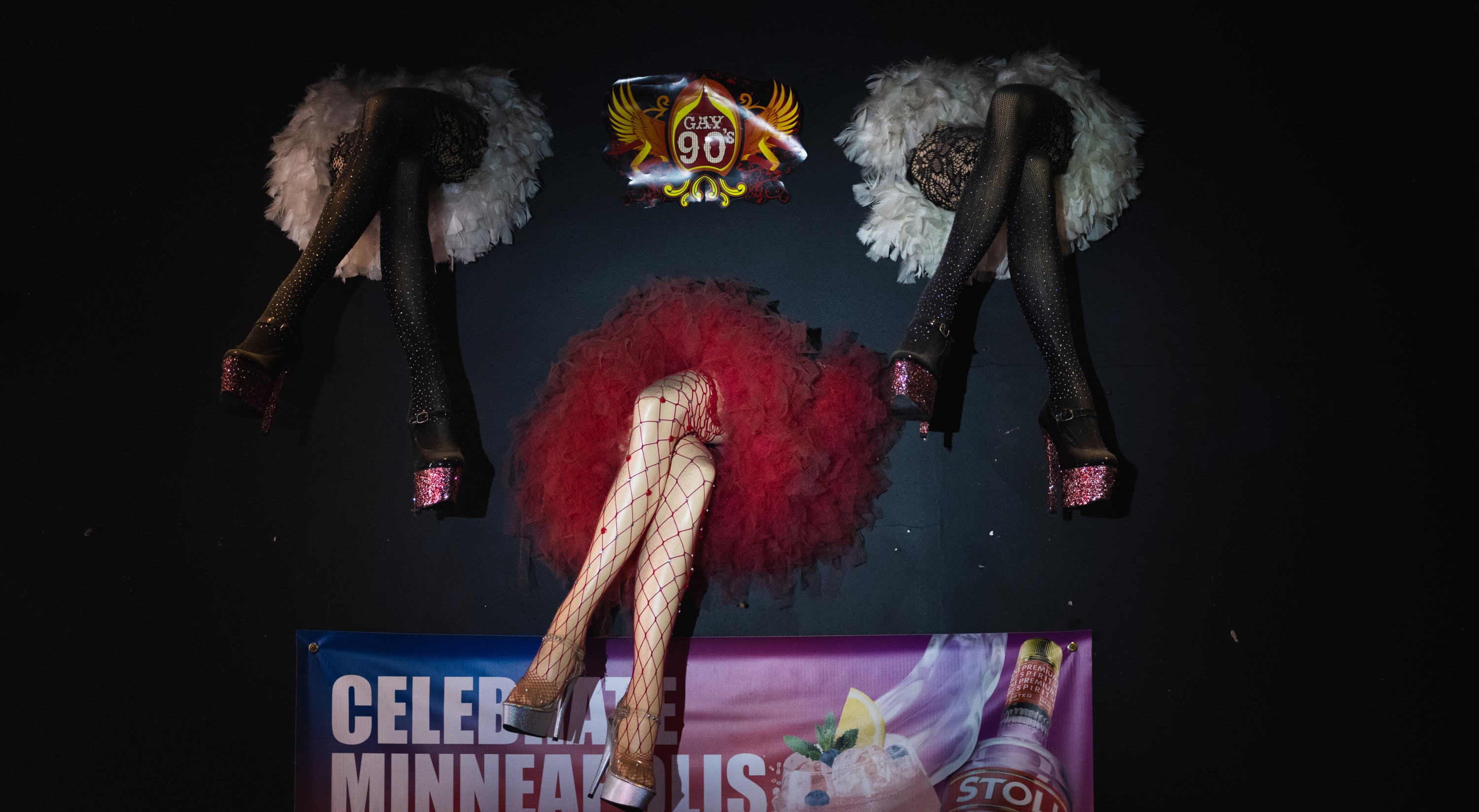
Mathew Swenson: One last thing. How do you balance the old-school nostalgia with new ideas?
Tyler Copeland: Daddy Issues is a little recreation, a little new. We’re building off the past but experimenting with what’s possible now. Music, visual atmosphere, playfulness, subtle cues, mystery—they all come together. That’s what keeps it alive.
Mathew Swenson: Perfect. I think that captures it. Thank you for walking through all of it.
